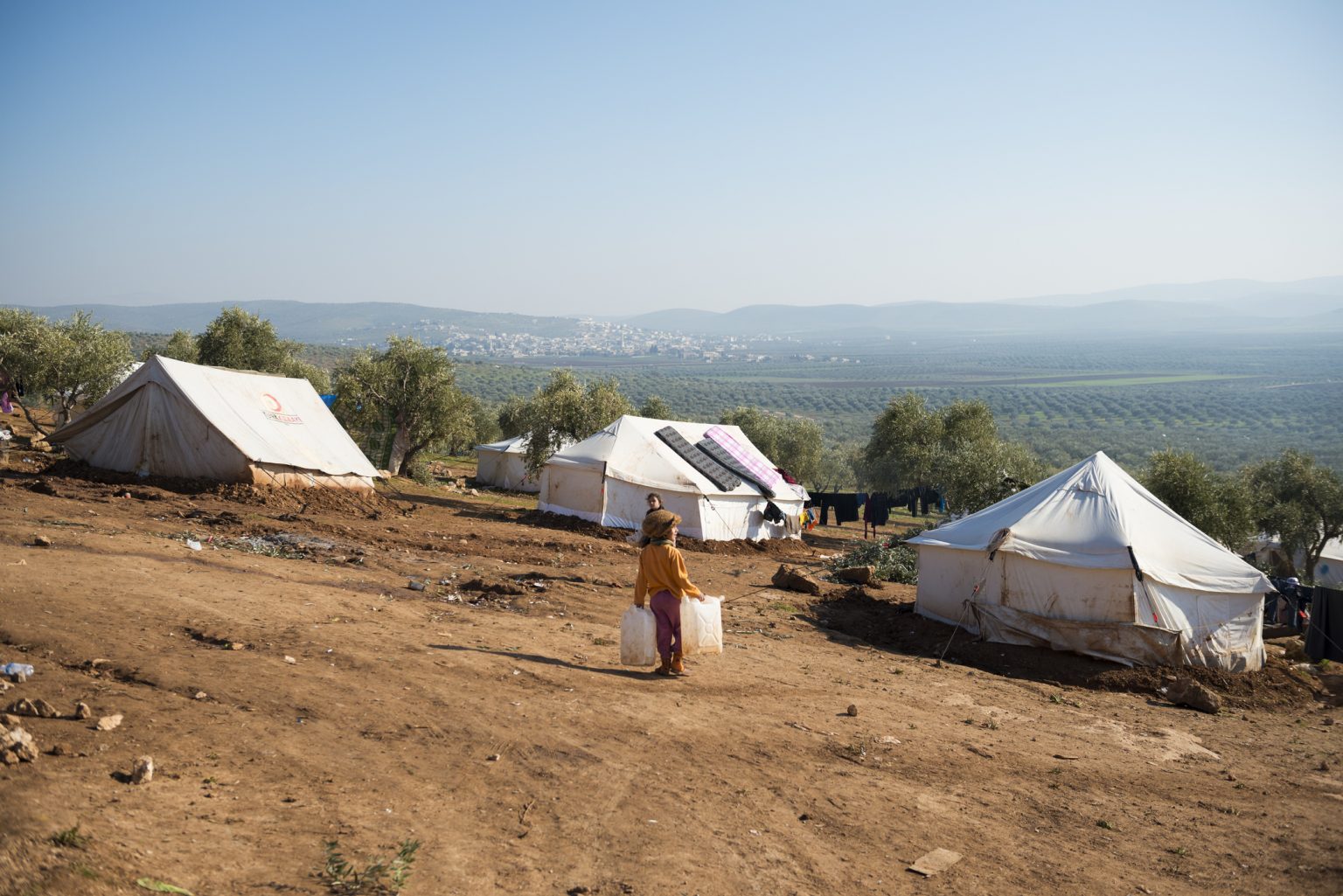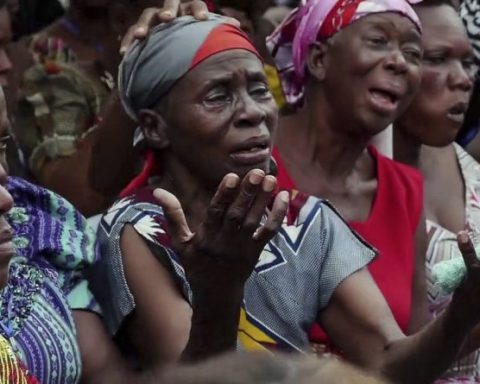Charities working in an international context may face particular risks due to their operating environment but we also know that it is often in these areas where there is the greatest humanitarian need. That is why we, at the Charity Commission of England and Wales (CCEW), work closely with OFSI to help charity trustees understand and comply with financial sanctions, so they can continue to deliver their important work.
4 things you need to know about financial sanctions
1) Financial Sanctions exist
It may seem obvious to some, but a lot of charities we meet are not aware of financial sanctions. In reality, financial sanctions can have a big impact on charitable activities abroad, and the consequences of non-compliance could be damaging. Breaching financial sanctions is a criminal offence and can result in a civil monetary penalty being imposed on the charity or an individual or, imprisonment of up to 7 years.
Financial sanctions are imposed by the United Nations, European Union, United Kingdom and other countries. Financial sanctions target individuals, organisations and in some instances even whole countries by restricting access to funds, economic resources, and financial services and markets.
From donors and beneficiaries to partners and contractors, charities may come across individuals, organisations or countries which are subject to financial sanctions in the delivery of their charitable activities. OFSI publishes a list of all those subject to financial sanctions imposed by the UK – also known as the consolidated lists.
2) It is your responsibility to check
You have a legal duty to manage your resources responsibly. This means undertaking due diligence to know where your money is coming from, who it is going to and how it will get there. What this looks like for charities in practice will vary based upon the risks. As our guidance on due diligence explains, where the risks are higher, you need to do more.
It is your responsibility to check whether the individuals, organisations or countries you are dealing with are impacted by financial sanctions. Sometimes it may not be completely obvious that a sanctioned individual or entity is involved in the chain. You are expected to undertake appropriate checks in advance, to make sure you know exactly who you are dealing with, throughout the payment process. Financial sanctions can bite not just through direct payments but also indirect, so you must be sure to research not just the ownership but also the control that is connected to your business dealings. Building the Consolidated lists into your due diligence processes will help you identify risks at the outset of projects and manage them effectively. You can also sign up to e-alerts from OFSI to get regular updates on any additions to, amendments or removals from the consolidated lists.
3) You may need a licence
In certain circumstances, OFSI can issue a licence which will permit otherwise prohibited activity, if certain grounds, known as ‘exceptions’ are met.
Some sanctions legislation has exceptions already built in to it which permit some specified activity but you will need to read the regulations and check if this applies to you.
If a transaction is required that cannot help but involve an individual or entity subject to financial sanctions (whether directly or indirectly) and you cannot rely on an exception in the legislation, you must obtain a licence to allow the activity to take place without breaching financial sanctions regulations.
A humanitarian licence is the most common licence issued to charities, but other exception criteria may be more appropriate depending on your work. OFSI endeavours to prioritise humanitarian applications and will urgently aim to process applications where there are life-threatening circumstances. However, you must not make any payments or provide any economic resources until you receive the appropriate licence. You should seek to apply as early as possible and where possible, at least four weeks before a licence is needed.
4) Report any breaches
Charities as with other sectors, are required by law, to report information about any suspected breaches of financial sanctions to OFSI at the earliest opportunity. Unfortunately, the CCEW’s casework in this area shows that failure to report to OFSI is one of the biggest issues of non-compliance. If you believe you may have been, or may still be, dealing with an individual or organisation that is or was subject to sanctions at the time of the activity, you must:
- freeze their funds and assets immediately
- report this to OFSI
- not deal with or make funds or economic resources available to them
- not do anything that would circumvent the asset freeze
You should also report any suspected or actual financial sanctions breach as a Serious Incident Report to CCEW.
Failure to comply with the reporting requirements set out by OFSI is a failure of trustees’ basic legal duties and has previously been considered as evidence of misconduct and/or mismanagement in the administration of a charity by CCEW.
OFSI is responsible for the understanding and implementation of financial sanctions in the UK and it’s aim is to work with sectors to increase their compliance in this area. Early reporting and disclosure is always welcomed to ensure that remedial action can be taken as soon as possible.
Giving you the tools you need to succeed
The CCEW supported OFSI in developing a dedicated factsheet for charities on financial sanctions which includes top tips and practical examples. Our Compliance Toolkit also has detailed guidance and useful tools to help charities working internationally covering everything from risk assessment and due diligence to moving money and monitoring funds.
Our International Charities Engagement Team (ICET) works to ensure that our guidance enables trustees where they need support, whilst reflecting the risks and challenges you face when delivering important, often lifesaving, work in high-risk areas around the world. If you have any questions, please contact ICET@charitycommission.gov.uk or email OFSI at ofsi@hmtreasury.gov.uk






